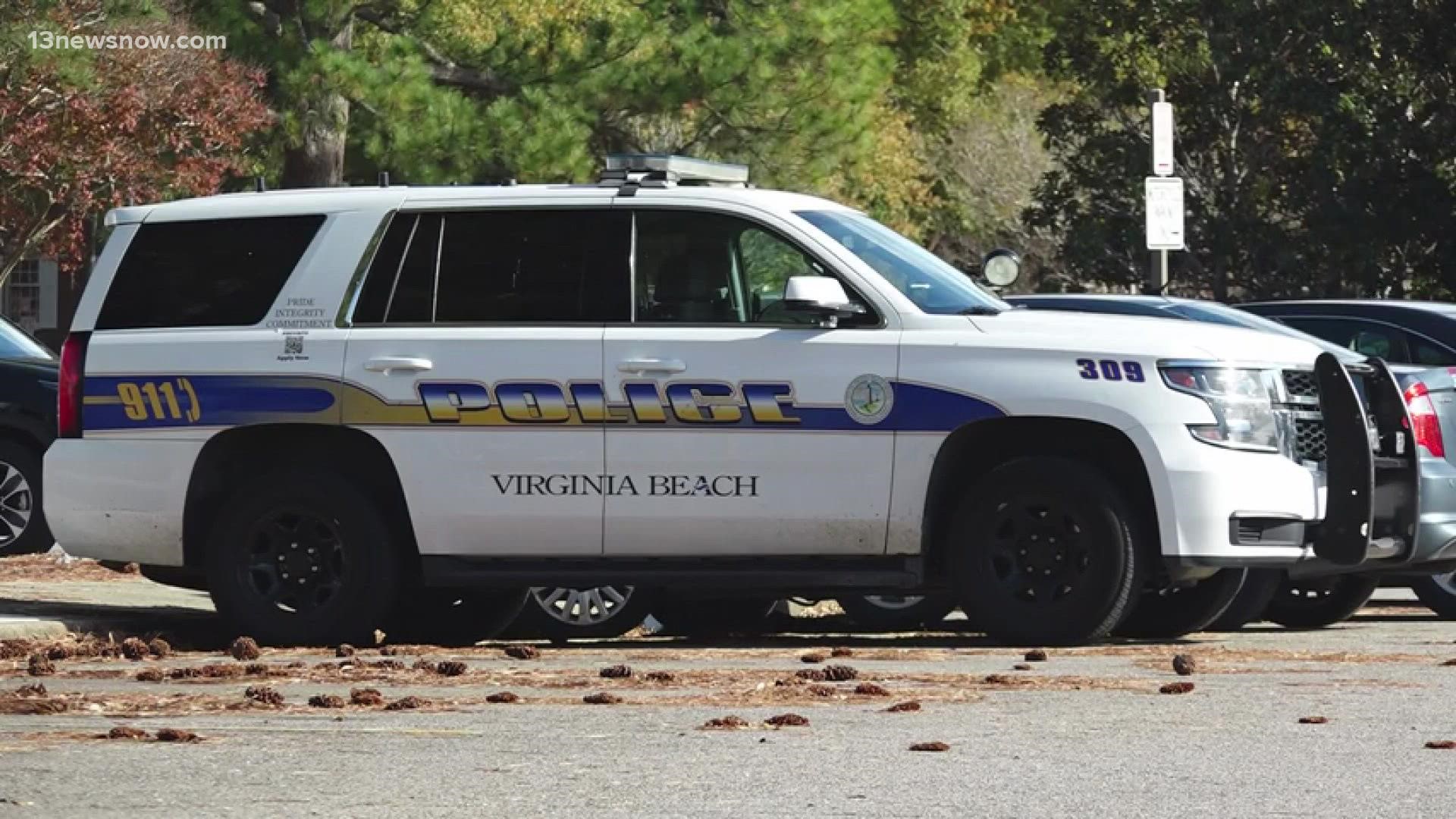VIRGINIA BEACH, Va. — Crisis intervention has a different look in Virginia’s largest city.
Wednesday, the Marcus Alert system officially launched across five pilot regions in the state of Virginia, including the city of Virginia Beach.
“It’s not necessarily that law enforcement will come, you can now get a trained mobile crisis clinician," Stacey O'Toole said, Behavioral Health Program Administrator for the Department of Human Services in Virginia Beach.
The system offers a revamped approach to responding to mental health crises or emergencies.
Now implemented, crisis calls trigger a more coordinated response between law enforcement and mental health clinicians in the regions in which they've first been implemented.
Callers can dial either standard 911 dispatch or the 988 crisis line which caters more specifically to behavioral health calls, which will set into motion protocols where dispatchers access for four possible urgency levels to triage individuals.
“In Virginia Beach, we have it established already because we’re a Marcus alert site for our 911 dispatchers to have a direct line to 988,” O'Toole said.
The Marcus Alert was created following the case of Marcus-David Peters, a high school teacher killed by a Richmond police officer in 2018 while experiencing a behavioral health crisis.
According to data from the Department of Human Services, their call center averages approximately 2,500 potential crisis calls per month.
Some are reportedly handled over the phone in a few minutes and some lead to an in-person response. However, that's not including the number of 911 dispatch calls that are eventually rerouted to mental health services.
"There are a lot of stakeholders involved with making Marcus Alert work. It involves coordination between 911 call centers, law enforcement and behavioral health systems. That's both public and private providers," Alexandria Robinson said, a coordinator with DBHDS. "When it comes to training, there are a number of training initiatives that are in development. For the 911 telecommunicators and 988 crisis call centers there is a training specifically for those parties."
Each of the five test regions received $600,000 in funding through the Department of Behavioral Health and Developmental Services to get the Marcus Alert program up and running.
"For a long time, we've been reliant on high acuity, high-cost services, law enforcement services as a de facto mental health provider. But what we really need to do is increase access to mental health and behavioral health services for the community. This changes the trajectory of how individuals are interacted with," Heather Norton said, Deputy Commissioner for Developmental Services for the DBHDS.
There are five additional areas that are required to implement Marcus Alert protocols and must submit proposals by July of 2022, with the intent to go live by 2023.
The deadline for the rest of the state to implement Marcus Alert, according to Robinson, is 2026.

